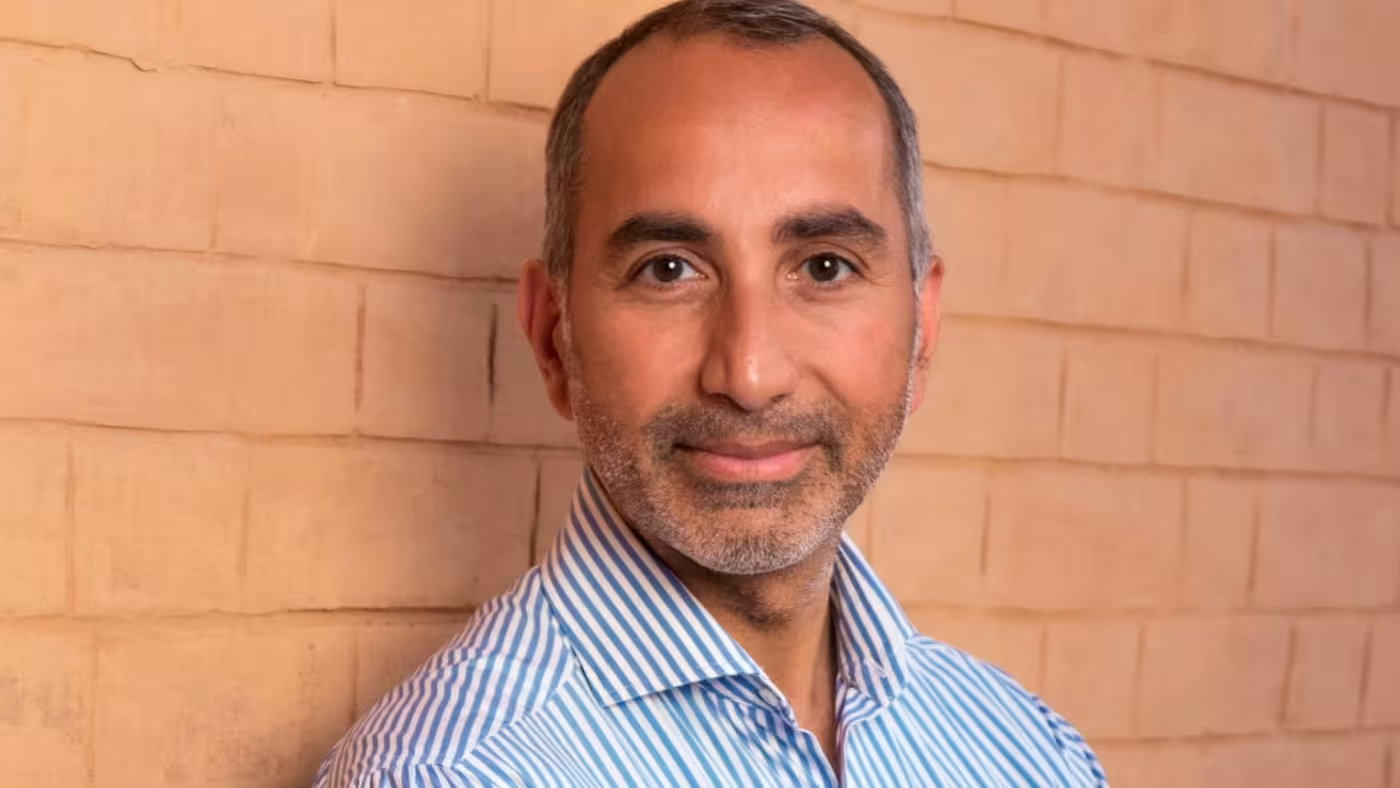At the AWS Startups Women’s Demo Day Lagos organized by the cloud provider and VC firm Ajim Capital, female founders and investors talked about the less generous VC landscape.
“It used to be all success stories last year,” Chioma Okotcha, chief operations officer at fintech startup PayHippo, said, comparing her fintech’s fundraising journey in the past to what’s happening this year as investor appetite has shrunk.
Okotcha said this while speaking on a fireside chat at the AWS Startups Women’s Demo Day that was held in Lagos. Other speakers on the chat, which tackled how founders were navigating the challenging funding atmosphere, were Eunice Ajim, founder of VC firm Ajim Capital, who moderated the discussion; Damilola Olokesusi, founder of mobility startup Shuttlers; and Omoyeni Olulana, co-founder of spend management platform Flex Finance.
All three founders speaking to Eunice Ajim had raised a combined amount of over $10 million in disclosed funding. Olokesusi, who first raised $1.6 million in 2021 and then $4 million this year, told Ajim, “I didn’t think it would be hard to raise money again, but our last raise this year was the toughest.”
[ad]This year has been the slowest year for deals since the pandemic, both in volume and amount. Investor appetite has been impacted by the global economic downturn, and female founders, who already get less than 2% of African investment, seem to be in a more precarious situation.
Olulana of Flex Finance disclosed that she and her team pitched to about 2,000 investors to close their most recent round. “I think you need to isolate the no’s because those can be very disempowering,” she advised, “especially when you say it’s only happening because you are a woman.” Olunana advised founders to spread their nets wide and send cold emails to as many investors as suit the needs of their startups.
[ad]In a separate chat with Ajim, Oyin Solebo, managing director of the Techstars accelerator in Lagos, acknowledged that deals are taking much longer to close because founders are being asked harder and unexpected questions. “Are you building something that you have unmanageable demand for?” she said. “Is your revenue going up double-figure month-on-month? Have you got retention?”
Solebo’s statement about investor behaviour lends credence to recent reports that show that investors are less keen on investing in growth-stage startups than they used to be. “Far too many founders raised at ridiculous valuations, and now the pressure is too much for them,” she said.
[ad]Regarding the pressure on investors, Egunjobi said, “There is sometimes a myth that money comes easily to us. Investors, like founders, are also being extremely careful with money as they need to return profit back to investors. How else will they get follow-on funding?”
Egunjobi, whose firm is currently raising its second fund, said things may be better if VC firms got more local investments. “Seventy-seven percent of capital came from foreign investors,” she said. “While that is not a bad thing, it also shows where the control sits.” Egunjobi thinks there needs to be more indigenous funds. He added: “We have a lot of angel networks across the continent—in Kenya, Tunisia, Morocco and more. But it is just not sufficient.”
Preparing for the worst
Some founders are already imagining a world where there will be no further VC investments, and asking themselves how they would keep the lights on in such circumstances. Olokesusi, who bootstrapped for years before fundraising, said she has chosen to be obsessed with her customers. “My customers are my best friends, not investors. They are the ones that will ensure you have payroll. We have customers that have been with us for 4–5 years.”
Okotcha also advised that more founders have a tighter grip on their operating costs. “Whether you are in the growth or seed stage, pay attention to the cost of payroll, technology, rent, etc. This can help you stretch your resources for longer.” Okotcha disclosed, however, that PayHippo is planning to raise again in the near future. “We will raise again, but with a differentspective,” she said.




















